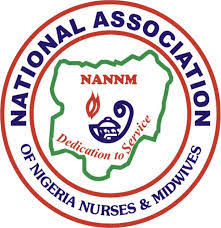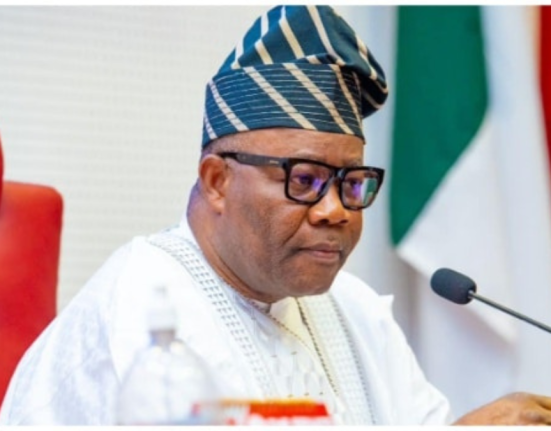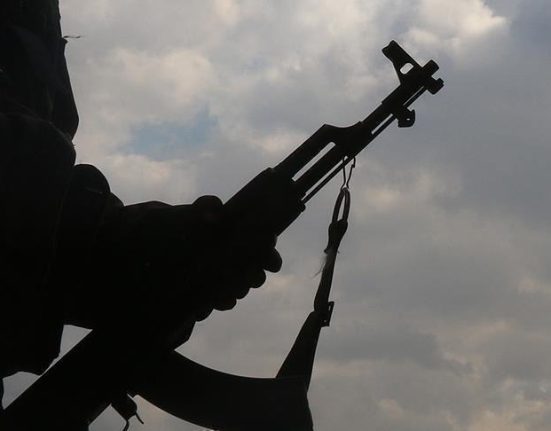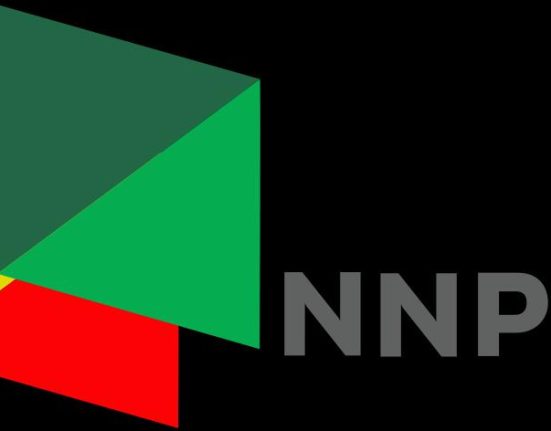Nurses across Nigeria, under the National Association of Nigeria Nurses and Midwives – Federal Health Institutions Sector (NANNM-FHI), have commenced a nationwide seven-day warning strike, beginning Wednesday, July 30, 2025. The industrial action follows the expiration of a 15-day ultimatum issued to the Federal Government on July 14, demanding urgent intervention to address critical issues affecting nurses in federal hospitals.
Despite the warning and a scheduled high-level meeting with the Ministry of Labour and other relevant stakeholders on Tuesday, negotiations ended in a deadlock. The talks were reportedly marred by the absence of key government officials, including the Minister of Health and the Head of the Civil Service. According to the union, this failure to engage meaningfully further reinforced the perception that the government is indifferent to the plight of healthcare workers.
The striking nurses are demanding an upward review of shift and uniform allowances, a separate and distinct salary structure for nurses, improved core duty allowances, mass recruitment to fill existing personnel gaps, and the creation of a dedicated nursing department within the Federal Ministry of Health. They argue that these demands are long overdue and essential to improving the working conditions, morale, and retention of nurses in the country’s healthcare system.
Speaking to journalists, Morakinyo Rilwan, National Chairman of NANNM-FHI, stressed that the strike was not a decision made solely by the union leadership, but one that was initiated and insisted upon by the association’s members. He noted that for over four decades, Nigerian nurses have worked under harsh conditions without resorting to industrial action. However, continued neglect and poor working conditions have pushed them to the brink. “They subjected us to no provision of gloves or equipment, and for the past 40 years, nurses have not embarked on any strike. But now, they are tired,” he said.
Rilwan added that even if the government reached out at this stage, it would not stop the strike. “Fifteen days is enough for them to call us for negotiations. It is because they are not sensitive to the welfare of the masses. That’s why they allowed 15 good days to elapse,” he said. He also emphasized that the members are prepared to bear the consequences, including the threat of a “no work, no pay” policy. Many have expressed willingness to sacrifice their already meager wages in the fight for long-term improvements.
The strike is already affecting healthcare services across the country, especially in federal hospitals and medical centres where NANNM-FHI members are predominant. Only a few institutions, such as the Federal Medical Centre, Ebute-Metta, and the Lagos University Teaching Hospital, are exempt, as they are no longer financial members of the union.
If the government fails to meet the nurses’ demands after the seven-day warning strike, NANNM-FHI has stated that it will issue another 21-day ultimatum as stipulated by labour laws. Should there still be no progress, the union will embark on a full, indefinite strike, a scenario that could lead to a near-complete shutdown of public healthcare services across Nigeria.
The warning strike comes at a time when Nigeria’s health sector is already under immense pressure, with thousands of nurses having emigrated in recent years in search of better pay and working conditions abroad. The outcome of this industrial action could either prompt urgent reforms or further destabilize an already strained healthcare system.








